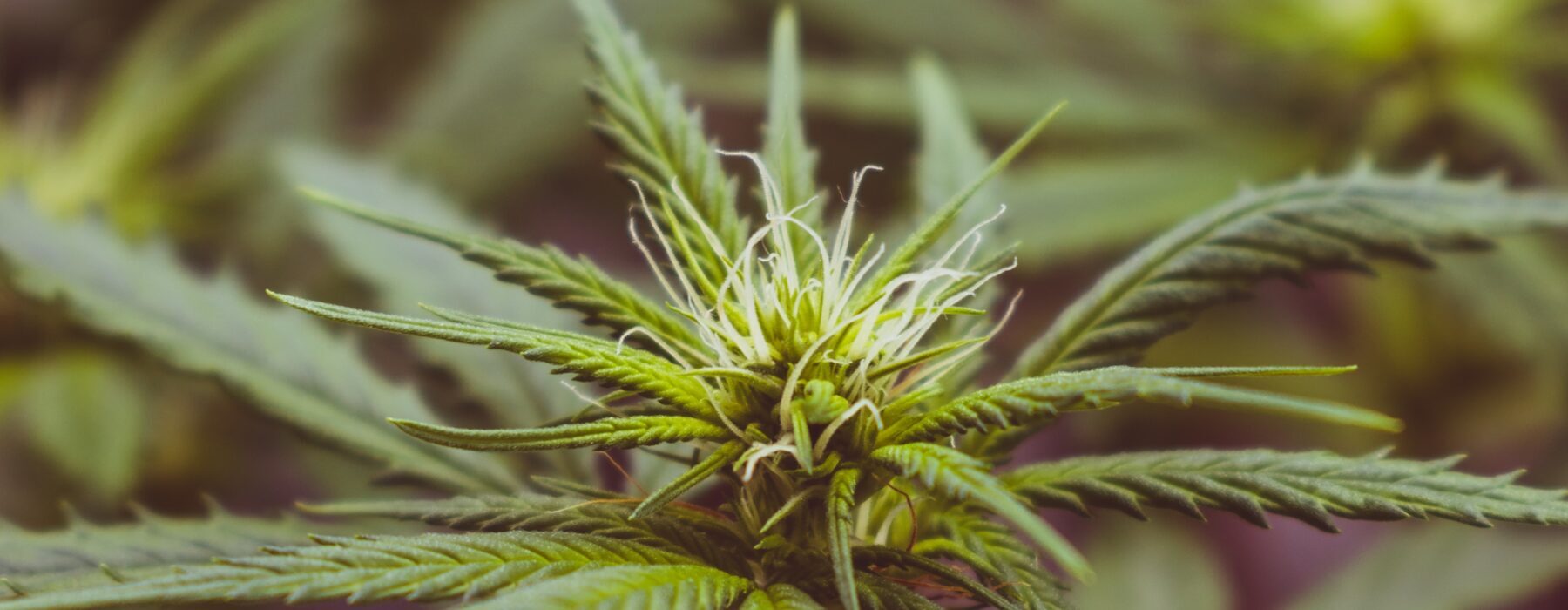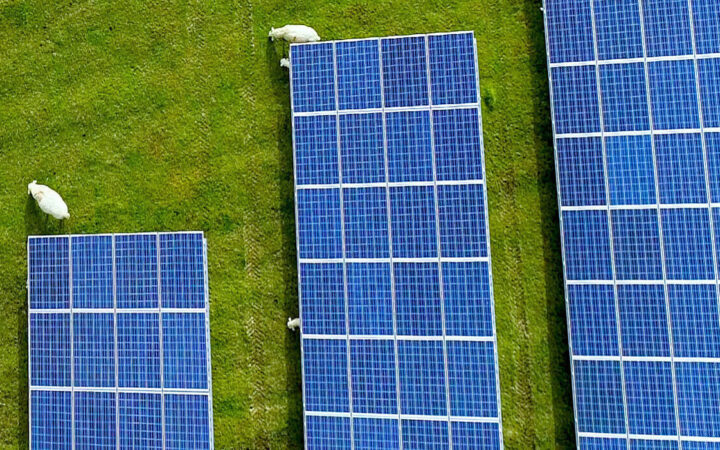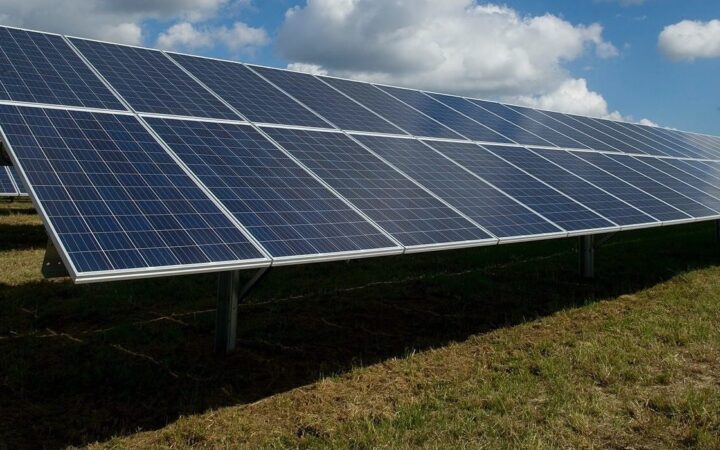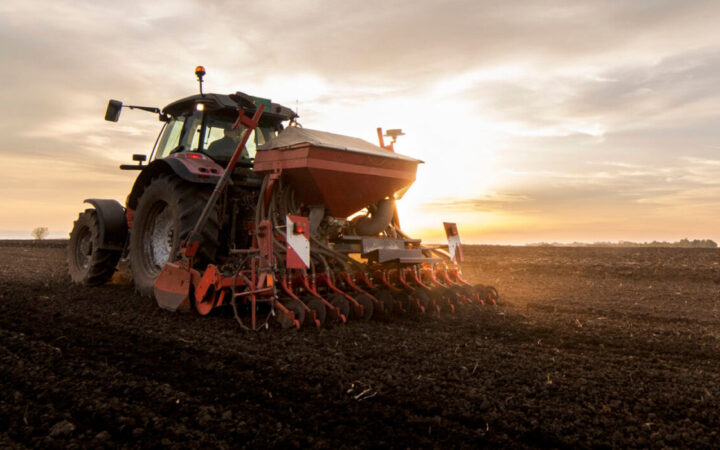The cannabis industry already accounts for at least one percent of all electricity consumption in the United States. The resource explores how lawmakers can fairly and effectively regulate electricity use by growers.
Introduction
The continuing trend toward state legalization of high-THC cannabis for medicinal and adult recreational use has rapidly changed the cannabis cultivation industry. In August 2016, 4 states permitted adult recreational use of cannabis. By 2022, that number had increased to 19 (including the District of Columbia), with 39 allowing medicinal use. These legal changes have resulted in a boom in cannabis commerce, as 248 million Americans (around 74 percent of the US population) now live in a state with some legal access to cannabis. In 2020, state-legal sales of medicinal and recreational cannabis totaled a record $17.5 billion dollars, a nearly 50 percent increase over the prior year. In 2021, annual sales in the US grew to $26.5 billion dollars and are projected to reach at least $32 billion in 2022 and $47 billion in 2025. To meet consumer demand, cannabis legalization has led to a significant increase in commercial cannabis production. Legal cannabis is now arguably the sixth largest cash crop in the US by wholesale harvest value. The burgeoning cannabis industry comes with numerous environmental impacts, including increased demand for electricity to power commercial operations.
This report focuses on the social equity and energy equity impacts of regulating energy consumption in the cannabis industry. It discusses the high levels of electricity consumed by indoor cannabis cultivators, explains how energy management requirements are being integrated into the specialized state licensing processes for cannabis businesses, and introduces some of the social equity and energy equity issues arising in the cannabis industry. Illustrative examples of state and local energy regulations are organized into four categories, including (A) legal status of outdoor or greenhouse cultivation; (B) requirements for energy planning, reporting, and benchmarking; (C) energy efficiency standards; and (D) requirements for renewable energy consumption. This report considers each category of regulation in the context of social equity, including potential barriers to entry to the cannabis market, and energy equity, including how grid management costs are allocated between cultivators and other ratepayers.
There are many legal and policy options available to state and local regulators seeking to make the cannabis cultivation industry more sustainable. This report aims to help policymakers, community leaders, advocates, researchers, and others better understand the equity concerns that arise in regulating the electricity consumption of indoor cannabis cultivators and to prompt law and policy solutions that better balance equity and sustainability.
Acknowledgements
The following student authors at the Institute for Energy and the Environment also contributed significant research and writing to this report: Taaha Rehmani AJD’22; Sara Heimlich, Virginia Paschal, and Molly Funk, IEE Clean Energy Advocacy Interns; Jack McGowan JD’23; Christopher Scheffler JD/ MERL’22; and Liam Datres de la Blotier AJD’23. This report was made possible by support from the National Agricultural Library, Agricultural Research Service, US Department of Agriculture. The report also benefited from significant input and writing and editing support from several members of the Center for Agriculture and Food Systems at Vermont Law and Graduate School, including Benjamin Varadi, Assistant Professor of Law; Laurie J. Beyranevand, Director and Professor of Law; Lihlani Nelson, Associate Director and Research Fellow; Claire Child, Assistant Director and Research Fellow; Molly McDonough, Communications Manager; and Whitney Shields, Project Manager. It also benefited from the editorial review of several members of the Institute for Energy and the Environment at Vermont Law and Graduate School, including Kevin Jones, Director; Molly Smith, Program Coordinator; and Mark James, Visiting Assistant Professor and Senior Energy Fellow.
Suggested Citation
Genevieve Byrne et al., Vt. L. & Graduate Sch. Ctr. for Agric. & Food Sys.,Energy and Equity in Cannabis Cultivation (Mar. 1, 2023), https://farmandenergyinitiative.org/wp-content/uploads/2023/03/FEI-CannabisReport-Final.pdf.



